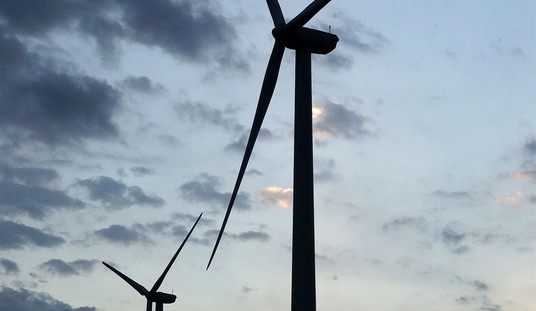Or a new beginning altogether? Bill Whittle walks us through American labor history, focusing closely on the progressive movement’s salad days from 1890 to 1920 to argue that the world has changed so much as to make progressivism an anachronism. The Second Age, industrialization, required massive amounts of labor corralled into centralized production centers and cities in order to succeed. The labor movement (and progressivism) arose to combat the mercantilism of the robber barons that controlled industrialization, but those models won’t work in the modern economy, which rewards decentralization and rapid, small-scale innovation. The unions can’t win in Wisconsin or anywhere else in the long run, Whittle says, because they’re defending a model that has long since disappeared:
Obviously, these are broad strokes. The global economy still requires mass manufacturing, mining, construction, and other traditional labor-intensive tasks. However, globalization and the heavy cost of unions to business has pushed much of those activities out of the country, except for those industries tasked with deriving the natural resources from America. Organized labor will still play a part in those industries, but ironically, those are the industries most under fire from the politicians that get elected with union dollars: Democrats. Oil, coal, and gas extraction could create millions of new well-paying and union jobs, but the unions keep contributing to those politicians most likely to block the extraction and use of all three. That’s another reason why the unions are fast becoming an anachronism.








Join the conversation as a VIP Member